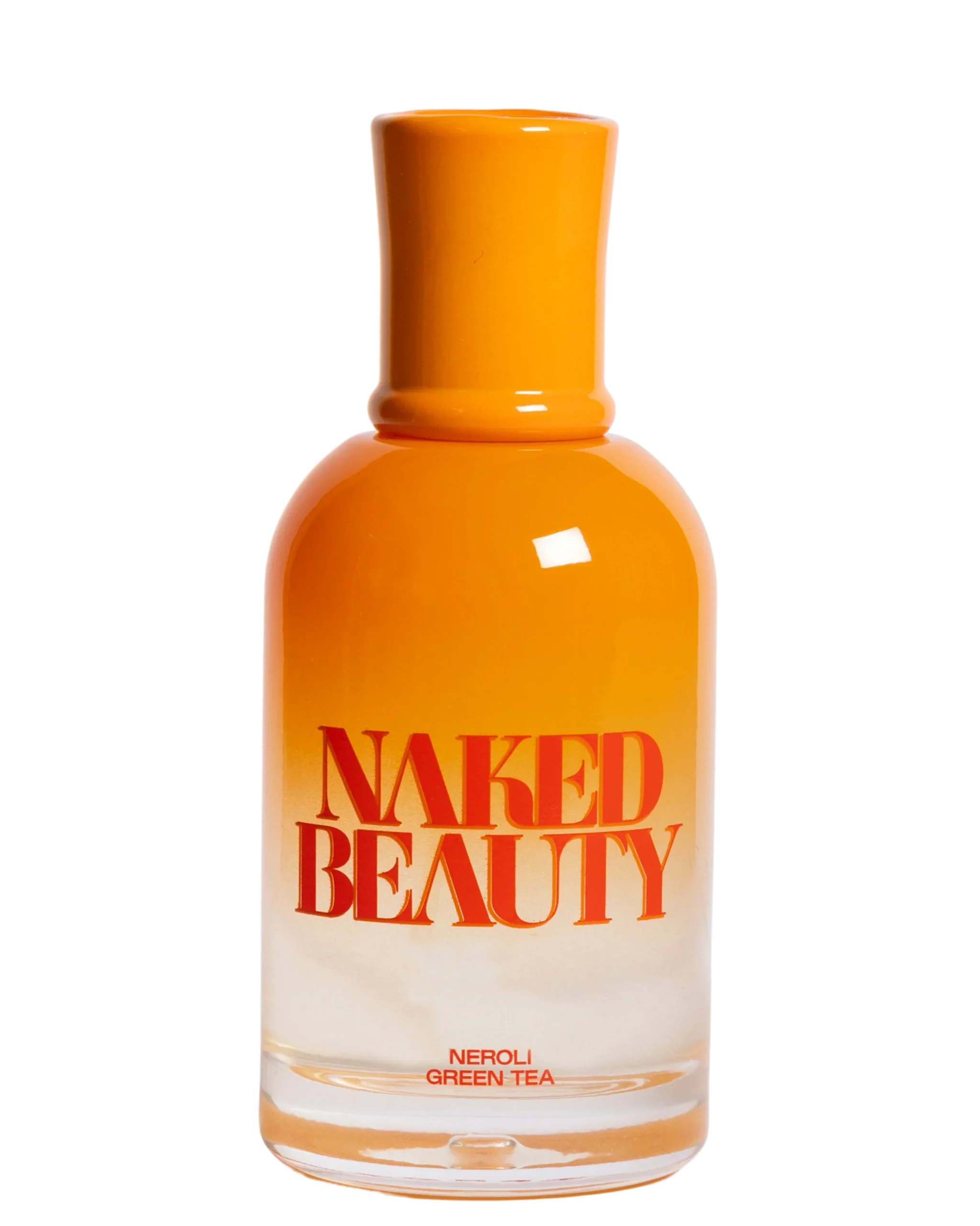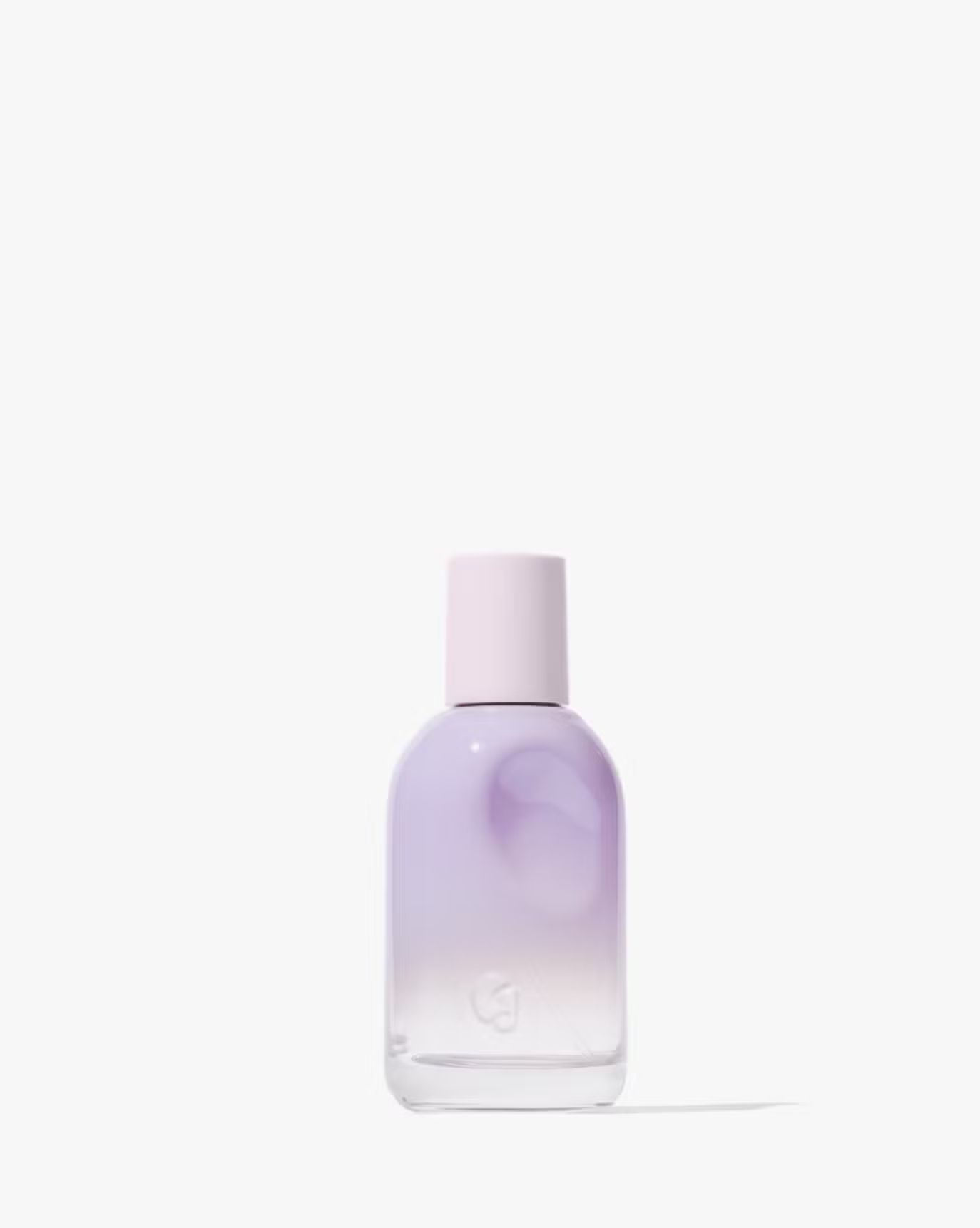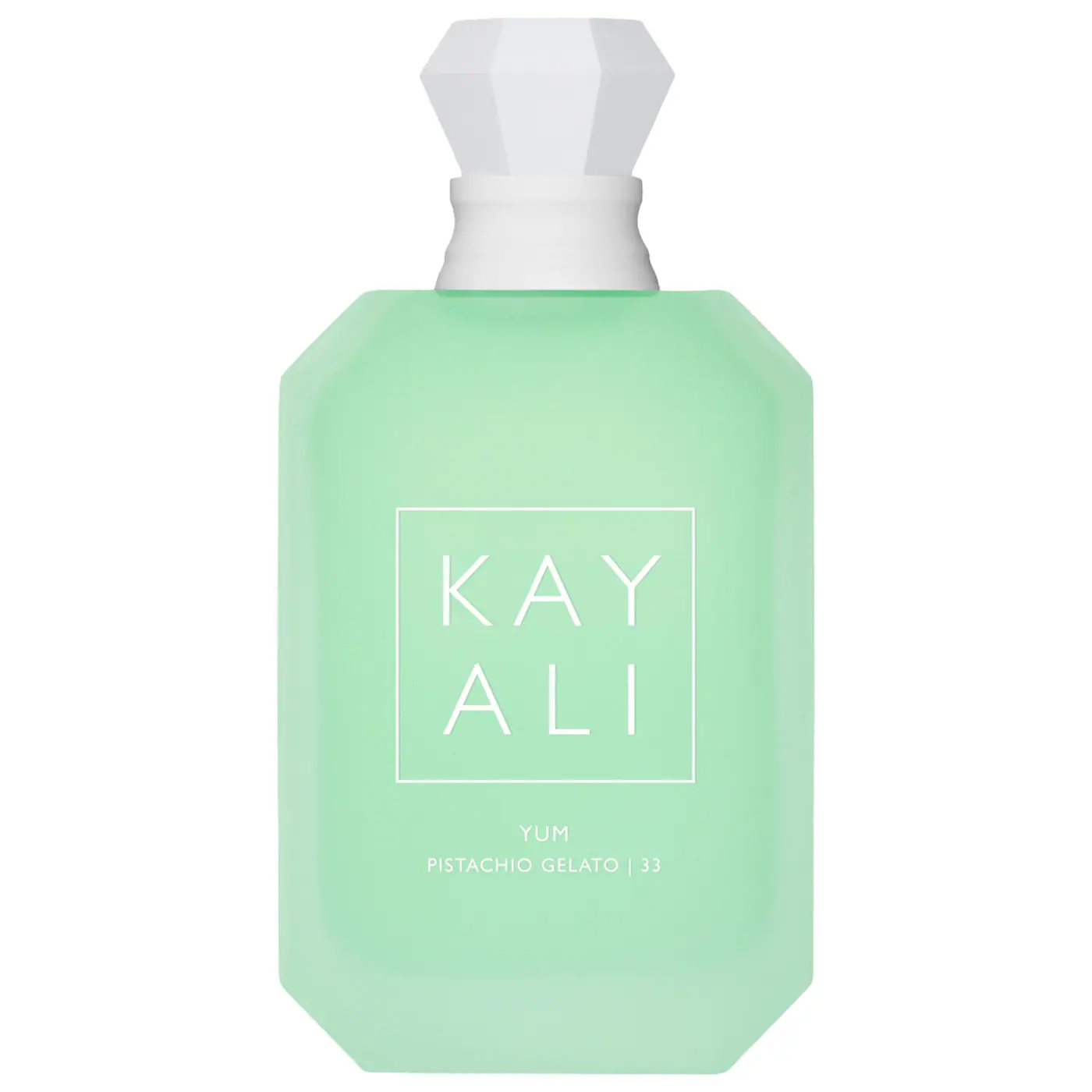
It’s a late Friday morning in New York when Black female entrepreneurs Felekech “Fei” Biratu and Seble Alemayehu join me to discuss the creation of Yenaé, their luxury jewelry collection. The line has been steadily rising in popularity, especially among individuals looking for jewelry with meaning. Alemayehu is dialing in from the DC area while Biratu joins in from Addis Ababa, Ethiopia—where they run half the company. Despite living 7,000 miles and a 7-hour time difference away from each other, the two are friends and partners who make it work.
“We’ve known each other for a long time,” Alemayehu muses. “Fei and I are from Ethiopia. We moved to the US right after finishing high school.” The friends were living in different parts of the U.S. but ended up attending the same graduate school. Alemayehu shares, “both of us are very business minded, passionate about our culture, and jewelry lovers.”
Though they both loved jewelry, it would be five years before venturing to start a company. In 2014, the Motherland was calling these women home. They both left their corporate careers and ventured home to Ethiopia. Alemayehu explains, “We wanted to do something more than what we were doing in corporate. We were interested in jewelry and wanted to create something that connected us back to the continent of Africa.”
Living in the states gave them a first-hand experience of what little knowledge people truly had regarding Africa. Biratu recalls, “I went to college in Duluth, Minnesota and at the time the city had less than a 1% Black population. It was mostly Caucasians and people who had not traveled outside of Duluth itself. Some of the questions I got were unheard of!” Having to constantly reiterate that Africa is a continent, not a country and share modern depictions of cities really opened their eyes. “I realized through time it was a lack of exposure or knowledge, not ignorance,” Biratu reasons. She shares, “They only had information that they got on the news. You know, ‘Africa is poor. It’s all famine and drought’.” From there, they decided to create something that would bring bring positive awareness and exposure to African countries.
Thus, Yenaé was born. The beautiful pieces are a testament not only to their beloved homeland, but also to accessible luxury. Yenaé jewelry ranges between $85 for a unisex ring up to $190 for a semi-precious gemstone necklace.
To achieve the balance of luxury and affordability, Alemayehu and Biratu considered everything from the material of the items to packaging of the product. Alemayehu explains, “We picked brass for its durability but also for its great interaction for binding gold when it’s plated. It’s also considered one of the ‘safe’ metals for people who have allergies.” For their silver offerings, they are using rhodium, Alemayehu revealed, for its “corrosion resistance.” The team offers semi-precious gemstones including quartz and chrysoprase that are being sourced from South Ethiopia from a women-owned and led company.
Biratu shares, “There are various types of stones that are not yet explored. As of two years ago they just discovered sapphire and ruby! There is room to grow here in terms of exploring the types of offerings we are going to give based on the type of quality that is available.”
What makes Yenae so special is also the designs themselves. While neither woman have a formal design background, they have leaned heavily on the artistry of their ancestors, utilizing designs that are centuries old while adding their idiosyncratic twist to give it modern life. One of their top selling collections is the Tsuir Collection. Alemayehu shares the innovation: “It was inspired by one of Ethiopia and Eretria’s iconic designs. It’s a very traditional design that you may almost not recognize if you see the original piece. We use the creative design process to take a lot of the components out and add in our own flair. Our goal is not to tarnish the original and its not to copy the original. It’s enhancing and modernizing in a way that is relevant to the present day.”
The thought and care that comes into the construction of the jewelry and the brand is priceless in and of itself. Alemayehu tells ESSENCE, “They see the design and the first thing they say is ‘Wow, it’s pretty—it’s a good value for my money. However, when they actually hear the story you see this surprised look because they didn’t know the design aspect.” For example, when you look at the Dorze Tibeb ring, you may look at it as a piece of jewelry with an intricate design; however, that’s just the beginning. Alemayehu shares that “those designs were first created by the Dorze people whom were warriors. When there was no more war and there was peace, they created the weaving tradition and created this Dorze print that we used in the collection. Knowing that something from war can turn into an artisan—that’s a story you don’t hear every day.”







The brand has been in operation for two years and has plans for expansion by featuring more countries within the continent as they continue to fuse the fashion industry with African storytelling. During the pandemic when many of us are grounded and unable to travel, it’s comforting to acquire jewelry that can transport you thousands of miles a way. Alemayehu divulged, “One of the goals of our brand is taking everyone on a journey. For people who can’t travel—you can travel by reading these stories. We can only imagine the impact it will have when we cover more African countries and tell traditional stories.”






